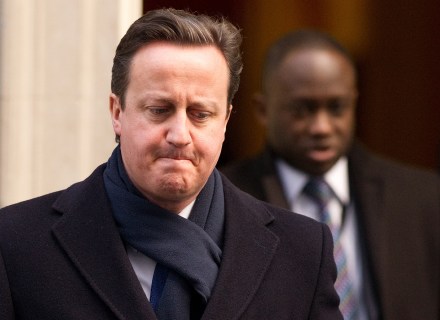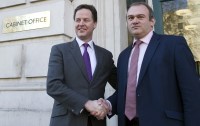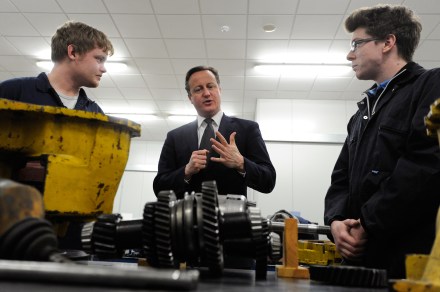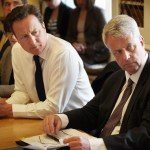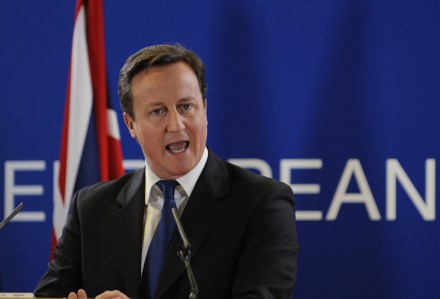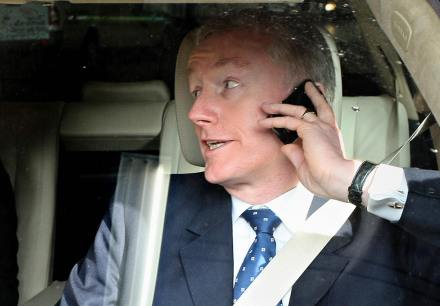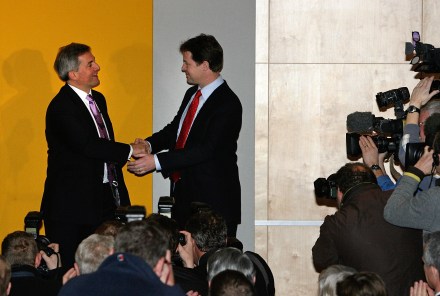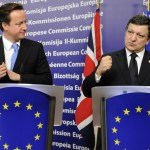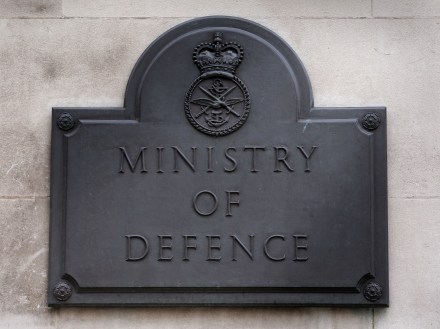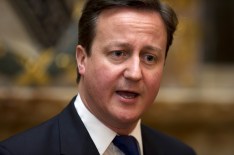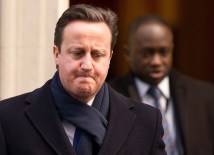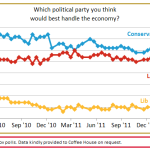In PMQs, Cameron plays for a draw on the NHS
How much does it cost to change a light bulb? Three hundred quid, said David Cameron at PMQs today. Ed Miliband came to the House eager to pile more pressure on the PM and his unloved NHS restructuring plan. Cameron fought back by citing the health bungles Labour presided over while in office. Billions wasted on kaput computers. Hundreds of millions blown on phantom operations. And dead light bulbs that cost more to replace than a week’s holiday in Spain. Cameron’s tactics were better than in previous weeks. Rather than citing some lone wolf medic who supports his reforms he gave us a surprise announcement, albeit unsourced. ‘Ninety-five per cent
